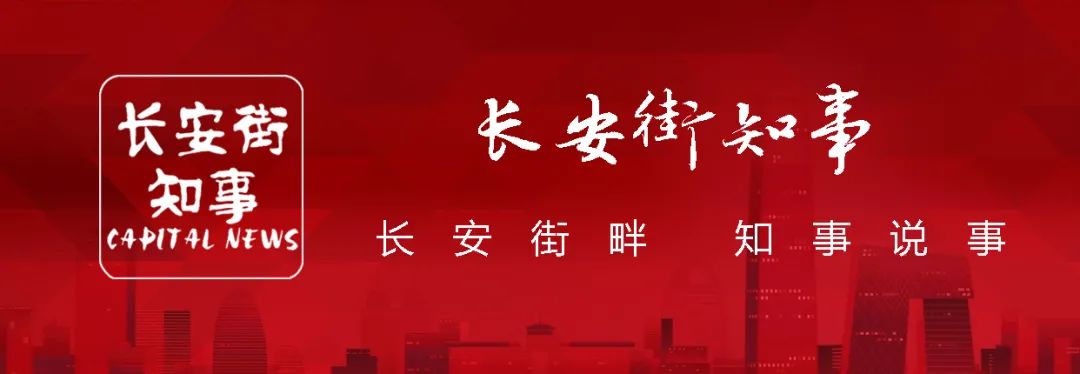Indian president is not as good as the prime minister, but it is not a "mascot"
Author:Pole news Time:2022.07.23
Polar news reporter Wang Liangliang Huang Jiaqi
The results of the Indian presidential election were announced on the 21st that the candidate of the national democratic alliance, Drasso Muermu, defeated the candidate of the opposition's joint nominated candidate Ashwart Xina, and was elected as the new President of India.
Muermu will take an oath on the 25th and take over Ram Nat Cosmone, becoming the first president in India and the second female president in history.
In recent years of international political news related to India, people are usually concerned about the current prime minister of India Modi, but very little about the president. This is not our ignorance, but is determined by India's political system. As the head of state, what power and functions of the president in India? Is India President just a "mascot"?

India's new president Murmu (middle) (picture source Associated Press)
President under parliamentary democracy
In India, the president is the head of state and the first citizen, and the highest commander of the Indian armed forces; the president is elected by the Federal Parliament and the legislators of the state. According to the Indian Constitution, the Prime Minister and Cabinet members are in charge of government power.
India's 1950 Constitution stipulated that India adopted a British -style parliamentary democracy. Under this system, the president does not have real power, and its responsibilities are mainly etiquette and carry symbolic meaning.
In practice, the president is only the highest leader in form, and the country's power is actually in the hands of the cabinet headed by the Prime Minister.
Article 74 of the Indian Constitution stipulates that the president should act in accordance with the suggestion of the cabinet. "With the help and suggestions of the Minister of the Minister's Minister, exercise the power and functions given by the Constitution", and cannot be freely according to personal preferences.
In theory, the Constitution has given the president a lot of power. For example, the President of India is responsible for receiving the national book submitted by the Foreign Festival, signed the bill of legislation to make it effective, and can be restricted to return or put on hold the bill. Pennal pardon or alleviating the punishment of the convicted person, especially cases involving the death penalty.
However, most of the time, Indian President is usually a symbolic head of state.
Indian president is not just a "mascot"
When the Indian president and the prime minister are consistent, the presence of the president is usually not very high, and its powers are often "stealth".
For example, in the last two sessions of Indian presidents and the Modi government friendly cooperation, the proposal approved by the parliament can be successfully approved by the president, and the administrative power of the Modi government has also been successfully exercised.
However, according to the Indian Constitution, the power of the president also has a certain amount of autonomous space. When the president and the Prime Minister "do not deal with", the president can also prevent the bill of promoting the Prime Minister.
In India, the president summoned the two hospitals to meet and announced the rest or dissolution of the People's Court. Although they do not participate in the discussion of the two hospitals, the two hospitals must be effective after passing the bill, and some bills must be listened to the presidential opinion before they can be proposed.
Theoretically, if the president does not agree with a certain motion, it can return it to the parliament to discuss. In the face of the presidential return, parliament can choose to give up the proposal, or submit it again after modifying the motion based on the presidential opinion, or submit it again without modification. When the proposal is submitted to the president again, the president must be approved whether or not he is willing.
However, this does not mean that the president has no other choice. The president can also put it on the way of "neither returned to parliament or approve the bill", that is, the so -called "pocket veto".
In 1986, the then Indian Prime Minister Ragov Gandhi spared no effort to make the "Postal (Amendment) Act" effective, but India's seventh President Jiani Zael Singh The method of "Pocket veto" refused to pass the bill to show his opposition to the bill. Later, the bill was withdrawn in 1990.
From this point of view, although the President of India is not as good as the prime minister, it cannot be simply called "mascot".
- END -
Abe's assassination and death have influenced geometry on Japan's economy?
Zhongxin Jingwei, July 8th (Wang Lei Song Yafen) The former Prime Minister of Japan was shot during his speech on the morning of the 8th, and then died due to excessive injuries. On the day of the Nik
The announcement of the Ambassador to China in China is an expert in Sino -US relations

According to the Yonhap News Agency, South Korean President Yin Xiyue appointe...